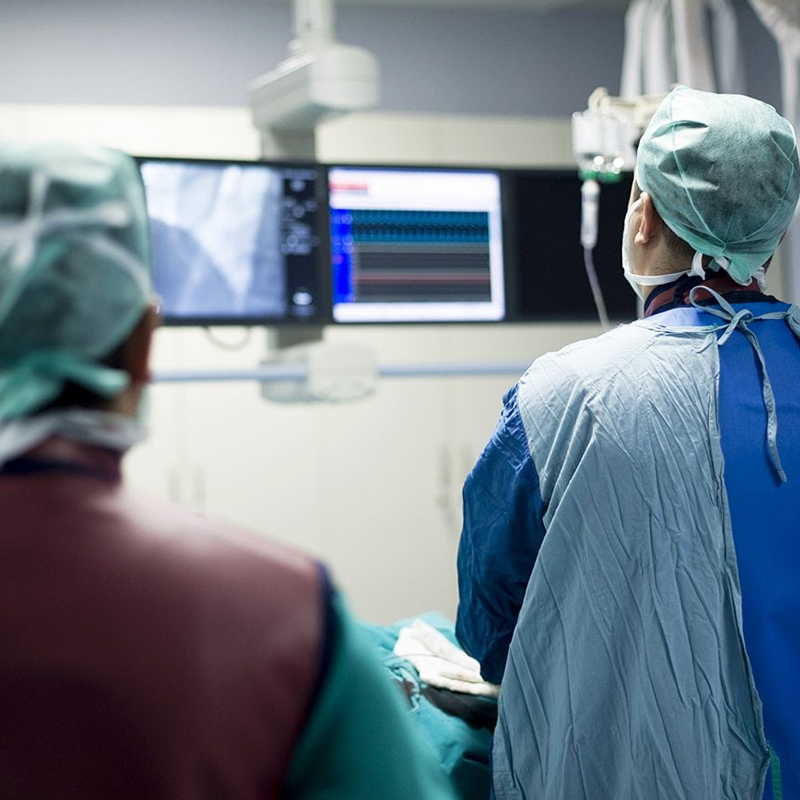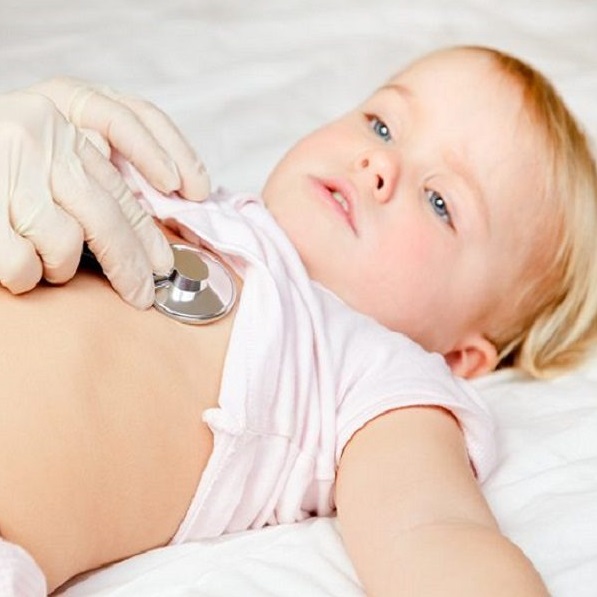What You Need to Know About Pediatric Cardiac Arrest

February 05, 2020
Each year, we hear stories of seemingly healthy kids and teens experiencing cardiac arrest when playing a sport or doing an aerobic activity. Though the incident rate is low compared to adults, every precaution should be taken if your child is involved in sports. Here’s what you need to know about pediatric cardiac arrest.
What Is Cardiac Arrest?
Cardiac arrest occurs when there is a sudden loss of heart function in a person with or without heart disease. Cardiac arrest and heart attack are not the same:
- A heart attack is caused by a blockage that stops blood flow to the heart,
- and cardiac arrest is caused when the heart’s electrical system malfunctions and therefore the heart stops beating properly.
Meghan Tozzi, M.D., pediatric cardiology specialist at Hackensack University Medical Center, explains, “The basic concept is that the heart is suddenly unable to keep up with what the body needs. The big pumping chambers of the heart get out of control and don't work efficiently anymore.”
What Causes Cardiac Arrest in Healthy Kids and Teens?
Usually a child who experiences cardiac arrest has an undiagnosed heart issue, Dr. Tozzi says. In most cases, it’s discovered that these kids have hypertrophic cardiomyopathy, a genetic disease that causes the heart muscle to become abnormally thick, making it hard for it to pump blood. This disrupts the heart’s electrical system and makes kids more vulnerable to cardiac arrest.
How Common Is Cardiac Arrest in Kids and Teens?
“As a parent myself, I worry about everything for my children, and I wish that I could protect them,” says Dr. Tozzi.
However, she points out, each year, there are fewer than 200 children in the U.S. who die from sudden cardiac arrest. To put that into perspective, roughly 11,000 children die in car accidents annually.
“But it doesn't matter if it's 200 kids or one kid,” Dr. Tozzi emphasizes. “If it's your child, then it's devastating.”
Should Your Child Be Checked out by a Cardiologist?
Mitchel Alpert, M.D., director of pediatric cardiology at K. Hovnanian Children’s Hospital, says it can’t hurt to have your child examined by a cardiologist before playing sports. However this can be quite expensive and time consuming. The more common pathway, which is mandated by law in the state of New Jersey, requires parents and guardians to take kids to their primary care physician for a preparticipation physical evaluation to be cleared to play school sports.
If a child fails the exam, it’s recommended that they see a pediatric cardiologist, who will likely add to the history and physical already established and administer an electrocardiogram or echocardiogram, which test heart function.
How Can You Prevent Cardiac Arrest?
- Find out if heart problems run in the family.
- Pay attention to symptoms your child is experiencing, like dizziness, palpitations, chest pain, shortness of breath and fatigue, particularly during exercise.
- Make sure your child stays hydrated.
- Be mindful of how hot it is if your child is playing a sport outdoors.
- Have your child skip practice or a game if they have a fever.
But response time is key, which is why New Jersey requires every K-12 school to have an automated external defibrillator (AED). These portable devices are the size of a lunchbox with attachments that are applied to the chest and shock the heart back into a healthy rhythm. They have voice-activated instructions for ease of use. Performing CPR can also save a child.
“I think it’s a good idea to encourage families to look into the safety procedures of their schools,” says Dr. Tozzi. “While every school has to have an AED, it's important to see how many a particular school has, who is trained to use it and what the policies are for different sports fields throughout the town.”
Next Steps & Resources:
- Meet our sources: Meghan Tozzi, M.D. and Mitchel Alpert, M.D.
- To make an appointment with a health care provider near you, call 800-822-8905 or visit our website.
The material provided through HealthU is intended to be used as general information only and should not replace the advice of your physician. Always consult your physician for individual care.






